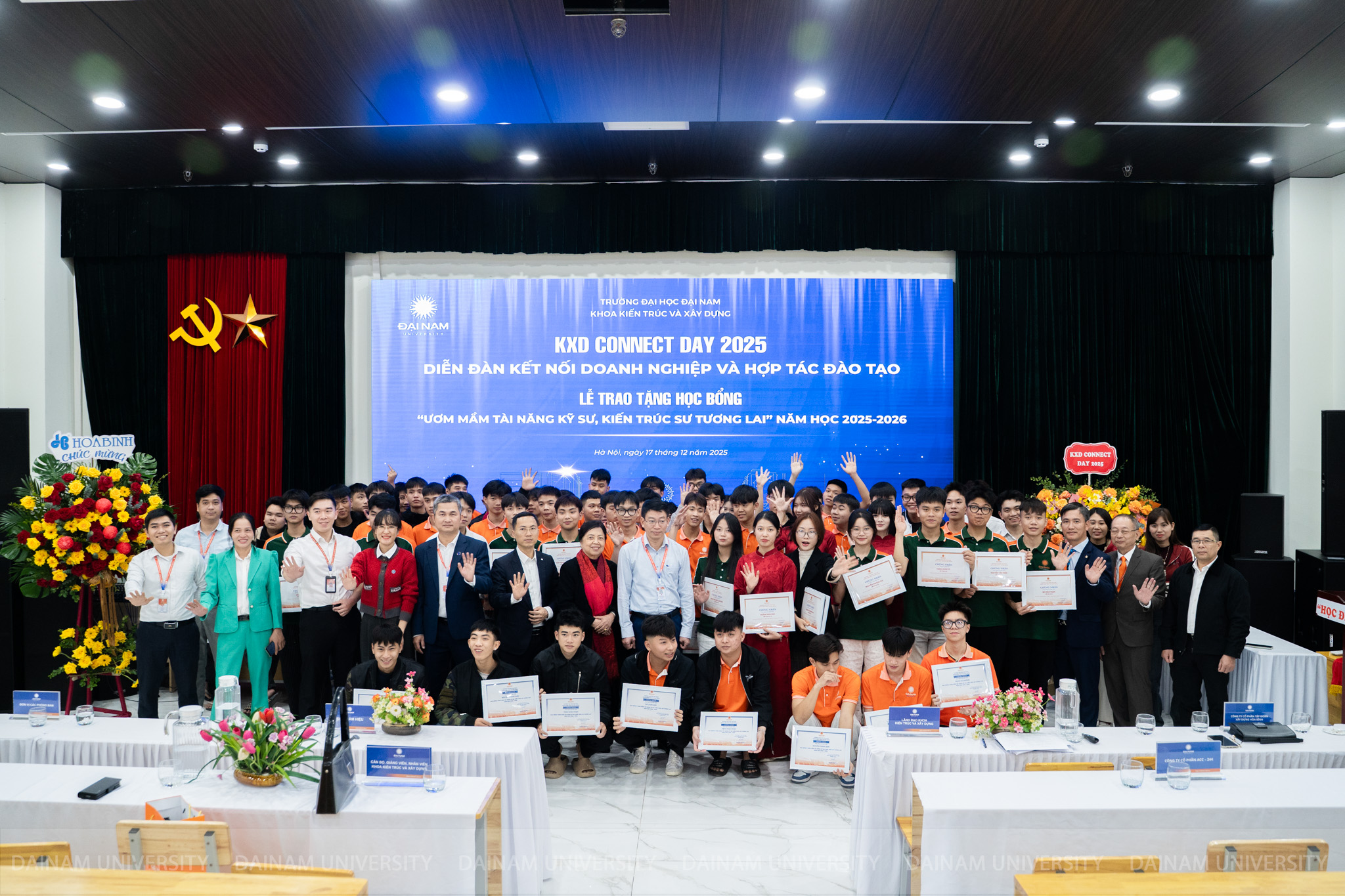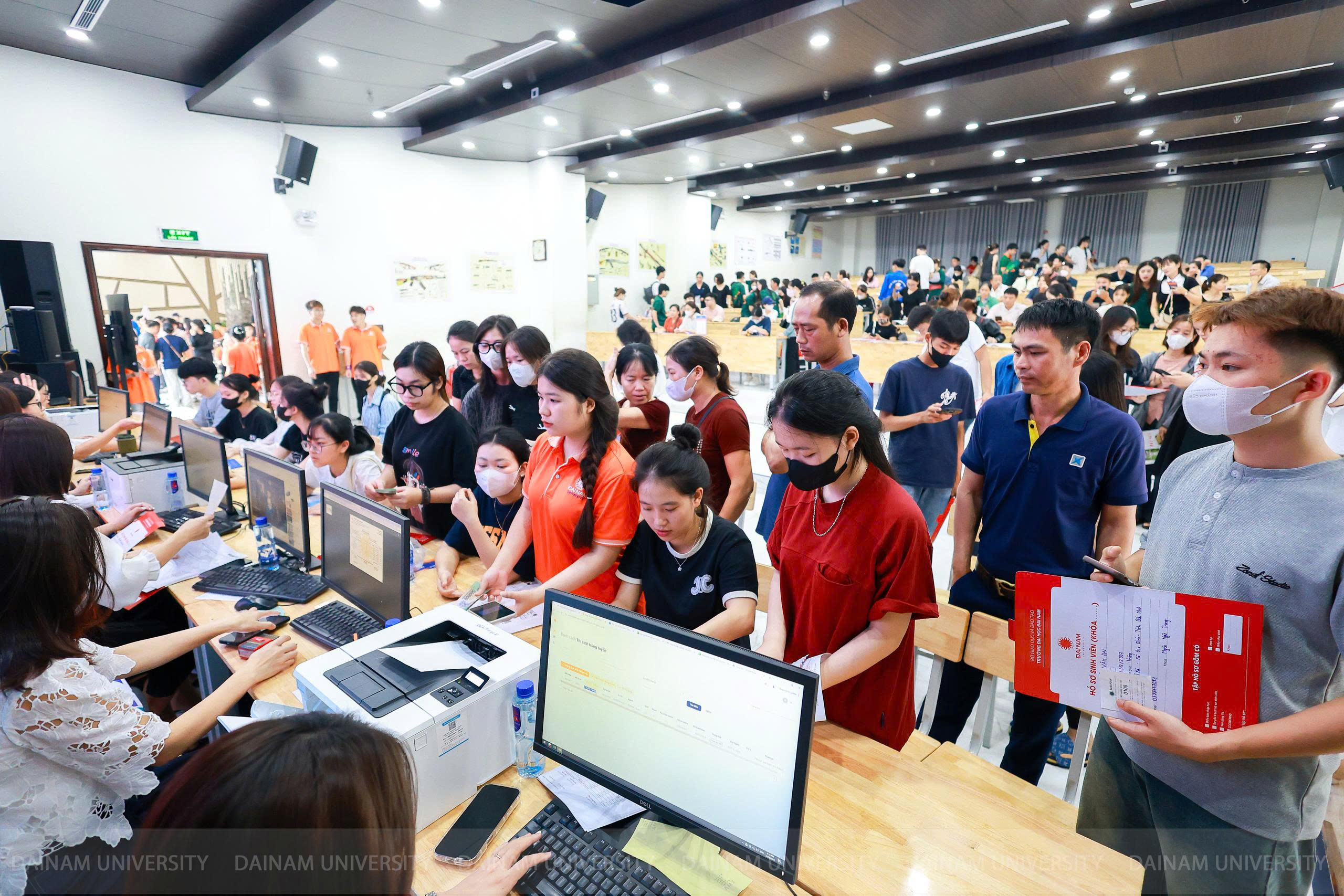Mr. Do Van Dong, Deputy Director of the Department of Drug Administration - Ministry of Health
After the draft revised Law on Pharmacy was submitted to the National Assembly on November 19, public opinion was very interested in a number of amendments aimed at creating momentum for the pharmaceutical industry to develop. Among them, there is an opinion that "the Vietnamese pharmaceutical industry is developing without direction, the drug distribution network in Vietnam is still chaotic, with many levels, causing drug prices to be pushed up much higher than their real value. However, this draft revised Law does not mention the strategic direction of re-planning the circulation network, limiting distribution enterprises". Sharing his opinion on this issue, Mr. Do Van Dong, Deputy Director of the Department of Drug Administration - Ministry of Health said:
Mr. Do Van Dong: Clause 9, Article 7 of the Draft Law stipulates the State's policy to guide the development of the drug distribution network: "Developing the drug distribution and supply network in a professional, modern and effective manner, ensuring timely and adequate supply of quality drugs to meet the people's drug needs". The State provides investment incentives and supports the development of the drug supply system for areas with particularly difficult socio-economic conditions, ethnic minority areas, remote areas, border areas, and islands".
This regulation is the basis for implementing the pharmaceutical industry planning according to the pharmaceutical industry development strategy to 2020, vision to 2030 approved by the Prime Minister (Decision 68/QD-TTg). Currently, there are planning contents on the drug distribution system and the Ministry of Health is coordinating with ministries, branches and localities to implement, in which the orientation is to build strong enough distribution centers distributed in the regions, in order to professionalize the timely and adequate supply of quality drugs at reasonable prices.
After implementing the 2005 Pharmacy Law, up to now, Vietnam's pharmaceutical production system has had 153 factories meeting WHO-GMP standards, the value of domestically produced drugs has met about 50% (1.6 billion USD), the growth rate is 15-20%/year; the pharmaceutical distribution system has developed extremely richly, with more than 2,000 wholesale enterprises and nearly 40,000 retail establishments nationwide, contributing significantly to ensuring access to drugs for people, including remote, mountainous and island areas.
Regarding the opinion of “restricting distribution companies”, the Pharmaceutical Law cannot impose administrative barriers to limit the business rights of enterprises. The Pharmaceutical Law regulates activities related to pharmaceutical business but must ensure compliance with the provisions of related laws such as the Enterprise Law, Investment Law and respect the freedom of business of business establishments.
Regarding the opinion of “restricting distribution companies”, the Pharmaceutical Law cannot impose administrative barriers to limit the business rights of enterprises. The Pharmaceutical Law regulates activities related to pharmaceutical business but must ensure compliance with the provisions of related laws such as the Enterprise Law, Investment Law and respect the freedom of business of business establishments.
Therefore, the draft law only provides specialized technical criteria and conditions in the spirit of the Investment Law and policy orientations as a basis for implementing strategies and planning for the development of the distribution system.
This is also consistent with the management model of countries around the world. Strictly managing drug prices, declaring drug prices and bidding for drugs will force businesses to reorganize themselves, remove intermediary levels, and ensure reasonable drug prices in order to survive.
Reporter: Sir, does this revised pharmaceutical law add measures to control generic drugs to avoid sky-high drug prices and commissions for prescribing doctors?
Mr. Do Van Dong: Original brand name drugs are invented drugs and are owned by drug research and invention companies, so they have exclusive properties worldwide, not just in Vietnam.
For example, a few days ago, the press reported that the price of Synacthen Depot, an epilepsy drug in Canada, suddenly increased from 33.05 USD/bottle to 680 USD/bottle, or before that, Turing Pharmaceutical Company (USA) suddenly increased the price of Daraprim, a drug commonly used for AIDS patients, from 13.5 USD/box to 750 USD/box.
However, to limit the situation of monopolized generic drugs increasing in price, the draft Law stipulates that the procurement of generic drugs must comply with the provisions of the Bidding Law. Accordingly, for generic drugs and drugs with few suppliers on the market, the form of national price negotiation will be applied.
This is a new method added in the 2013 Law on Bidding. This method has been applied by many countries in the world to manage the prices of proprietary drugs and drugs with few suppliers on the market.
Price negotiations will be conducted at the national level by the National Price Negotiation Council. The application of the price negotiation mechanism will ensure uniformity in prices of branded drugs, and at the same time, through the negotiation process, ensure reasonable prices based on comparison and evaluation with other countries in the world and related costs. In addition, the draft Law on Pharmacy has added solutions to increase competition to reduce the price of branded drugs: allowing early registration applications before patents expire for invented drugs in Clause 5, Article 7; incentives and support for drug manufacturing enterprises to invest in the production of new branded drugs whose patents have expired.
In addition, the Intellectual Property Law allows parallel import measures for original brand-name drugs in cases where there is a price difference in Vietnam compared to other countries.
Regarding the suggestion that the draft Law should have regulations to address the situation of prescribing drugs for commission, the Drafting Committee has accepted and clearly stipulated in Clause 11, Article 6 of the draft Law on prohibited acts in pharmaceutical activities, including the act of "taking advantage of prescribing drugs for personal gain", on that basis there will be strict sanctions to handle.
In addition, drug prescription is also regulated by the Law on Medical Examination and Treatment. Accordingly, to control drug prescription, the Law on Medical Examination and Treatment and legal documents guiding the Law clearly stipulate that prescriptions must be written by generic name (INN name) to avoid negative phenomena between prescribers and drug-selling enterprises to receive commissions.
Reporter: Why does the draft revised Law on Pharmacy not have a separate chapter on the management of drugs subject to special control, including precursors (the 2005 Law has these provisions). So how will the management of these drugs be carried out, sir?
Mr. Do Van Dong: Regulations on the management of drugs subject to special control have been clearly stated in the draft revised Law on Pharmacy. These regulations are sufficient basis for the Ministry of Health to manage drugs subject to special control in the direction of ensuring access to drugs for the people and preventing abuse, ensuring social security and safety.
However, due to the structure of the Draft Law changing compared to the 2005 Pharmacy Law, the regulations on drugs subject to special control do not have a separate chapter, but are integrated into related sections, specifically as follows:
The promulgation of lists of drugs subject to special control is stipulated in Clauses 15, 16, 17, 18, 19 and 20, Article 2 of the Draft Law.
Business conditions for establishments trading in drugs subject to special control are specifically regulated and have higher requirements than establishments trading in other drugs in Clause 3, Article 27.
The responsibilities of drug business establishments subject to special control are specified in Clause 3, Article 34.
Import and export of drugs subject to special control are specifically regulated in Clause 4 and Clause 5, Article 37, accordingly, drugs subject to special control are implemented in the form of Import and Export Licenses, including for drugs with circulation registration numbers.
The rights of establishments retailing specially controlled drugs are also specifically regulated in Articles 41 and 42. The supply, storage, distribution, use and preparation of radioactive drugs at medical examination and treatment facilities are also specifically regulated in Articles 76 and 77.












